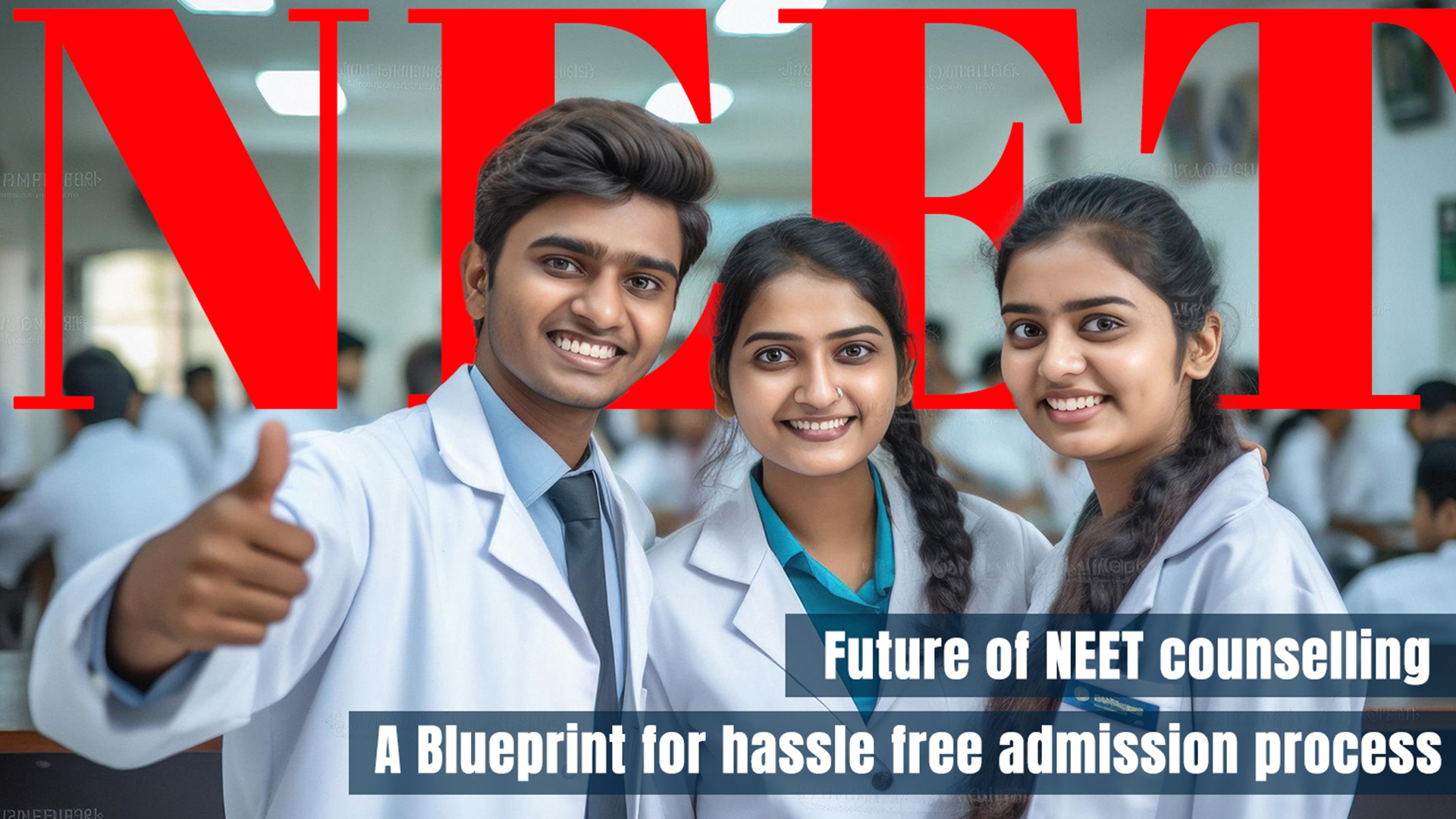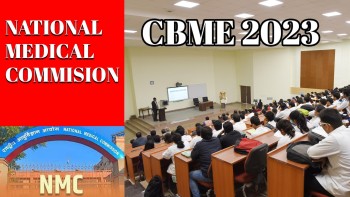Every year, approximately two million students take the NEET examination. Of these, fifty percent, or one million students, engage in NEET counseling following their successful exam qualification. Fifteen percent of the available seats are allocated through a nationwide counselling process, while the remaining eighty-five percent are dispensed via counselling conducted at the state level by individual states. This entire process spans over two and a half months and, due to its complexity, many students encounter significant challenges. In the initial two rounds of counseling, numerous students secure seats in both counsellings, leading to unnecessary seat blocking.
This dual counselling process sometimes results in students with lower scores securing better college placements than those with higher scores. Additionally, some states do not adhere to the National Medical Commission's (NMC) counselling cutoff date. For instance, in the current year, NMC had stipulated a counselling cutoff date of September 30th for MBBS admissions. However, certain states, such as Maharashtra, Bihar, West Bengal, and others, continued their counselling proceedings beyond this date. If the NMC does not rectify this issue in these states, students participating in counseling after September 30th will suffer the consequences of this flawed process.
Recognizing the shortcomings of the existing counselling process, the NMC introduced the "Graduate Medical Education Regulations 2023" in June of this year. These regulations outline that starting from 2024, there will be a unified counselling process for all medical colleges throughout the country. The central government will appoint an agency responsible for overseeing this common counselling, and the NMC's Undergraduate Medical Education Board (UGMEB) will formulate the rules for this unified counselling process. This common counselling will comprise multiple rounds, and every seat will be assigned through a single, unified counselling procedure. The designated agency will be required to submit the final list of admitted students to the UGMEB within one week of the counselling session, and the list will be published on the official NMC website. While the regulations do not offer specific details regarding the allocation of all-India and state quota seats, implementing a unified counselling process will undoubtedly alleviate students' difficulties and ensure that the counselling process strictly adheres to specified timelines.
In conclusion, the introduction of the "Graduate Medical Education Regulations 2023" marks a significant step towards streamlining the medical college admissions process. With a unified counselling system set to be implemented in 2024, students can look forward to a more transparent, efficient, and fair admission process. This reform aims to eliminate the complexities and challenges faced by students, ensuring that the counselling process adheres to specific timelines, and that every deserving candidate has a fair opportunity. Ultimately, this positive shift promises a brighter and more equitable future for aspiring medical professionals across the country.











Recent comments
Latest Comments section by users
Guest
Nov 28, 2023
One nation one counselling is needed